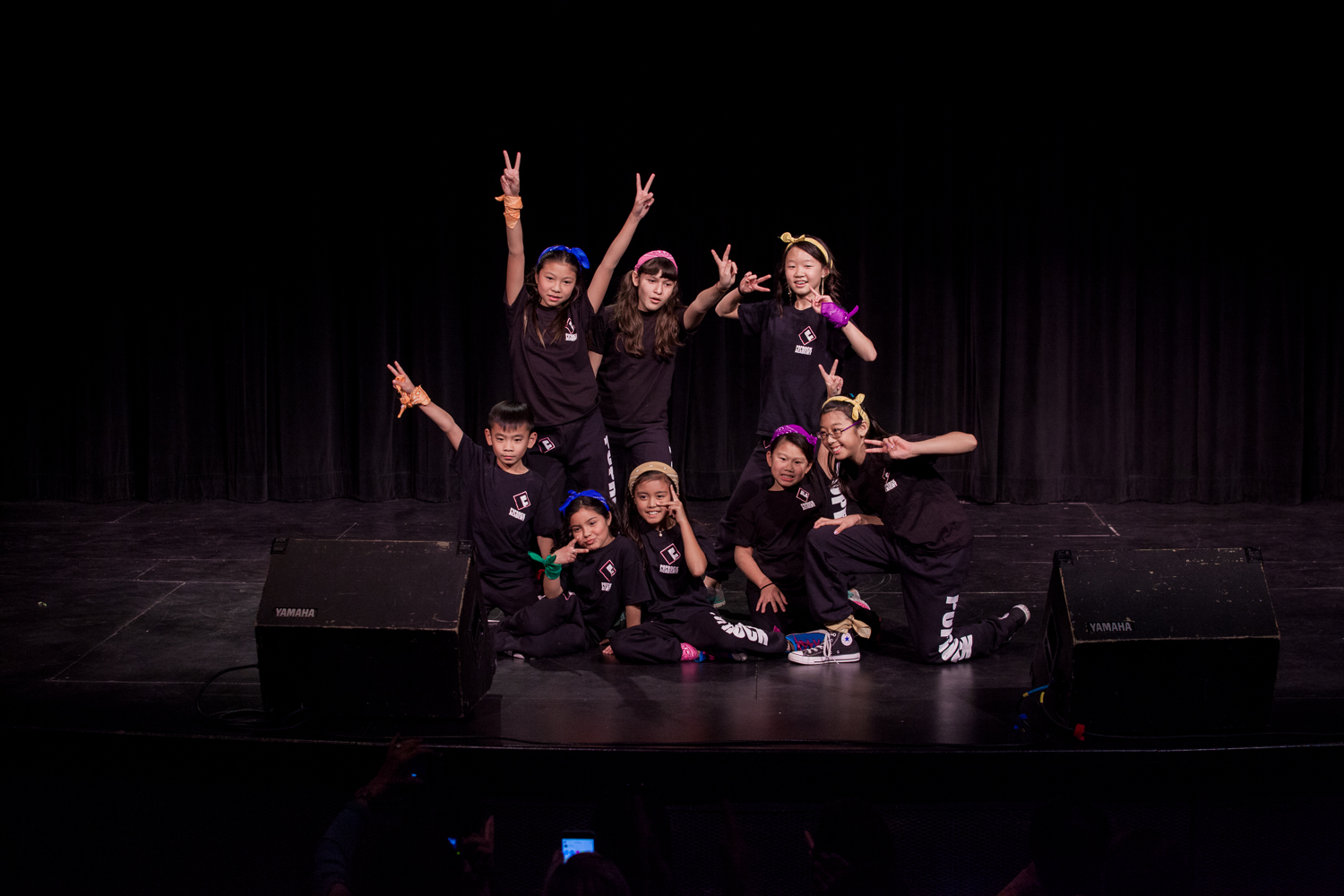PopRock Blog
Enchanting Voices: Mastering the Art of Voice Acting!
Voice acting is a special kind of art that carries the audience to different worlds, wakens imagination, and calls forth numerous feelings. Voice actors, similar to wizards with a wand, create magic by managing their vocal instruments and the skill of storytelling. Voice actors in this captivating domain of artistic genius transform into magicians who cast enchanting charms of sentiments, compassion, and ecstasy.
Voice acting refers to the act of bringing alive characters, scripts, and narratives courtesy of voice alone. In order for an animated character in a blockbuster movie, narrators of captivating audiobooks, or a charismatic video game hero to come across as actualities, voice actors have to use their vocal magic; otherwise, they would fail to create an image of a real and appealing. Their voice acting help them achieve this easily.
Voice actors must know how to weave magic with their vocal cords, as it's an indispensable skill. They can turn their voice into any object of desire with this ability of tone, pitch, volume, and timbre. An outstanding voice actor is capable of shifting easily amidst accents, dialects, and vocal tics, which enables them to become countless characters. Versatility is at the heart of their art; it yields an astonishing variety of voices that catch and hold the attention.
Yet it is beyond just mere vocal gymnastics that marks the true magic of voice acting. Such a thing is about conveying emotions with the help of sound creating a storyline. In order to make the character vivid with joy or sorrow, anger, and fear audible among the others, a voice actor must rely on his/her feelings and memories from real situations. These are moments when the audience gets glued to watching each character and how they play out the events of their story.
In order for a movie or game to provide such immersion, voice artists have to excel in character design and script analysis. These people explore the souls of their heroes, figuring out why they do what they do, are afraid, or long for something. In much the same way as a wizard pores over his spellbook, the art of voice acting requires deep examination in order to discover shades and layers that would breathe life into characters. They thus prepare themselves well for it so that their performance can be filled in with truth so as to have a 'once-in-a-lifetime' rapport between the character and the audience.
The voice actors also cooperate with directors, sound engineers, and other artists who take part in producing harmonic acting as a group. Just as a group of wizards casting spells together can produce more powerful results than any individual spell, this collective effort produces something that is worth considerably more than the additive value of the respective contributions. Their voices meld together, luring audiences into a captivating and magical land of the narrative through teamwork and synergy.
The microphone serves as an actor's wand in voice-over and picks up all the actor's subtleties. The 'magic' that a voice actor spins is influenced by his/her proximity to a microphone, breathing control, and knowledge of mic technique. Even a whisper can be as powerful as a shout, and silence that is used with precision can convey much more than any words could ever hope to deliver. Voice actors are like skilled magicians who have taken voice acting lessons and know exactly when to reveal their tricks and when to keep them hidden – thus creating moments of excitement, surprise, suspense, and delight.
Wizardry in voice-acting that captures an audience into familiar or fantastical worlds. It is no wonder that through their vocal dexterity, character embellishment, and narration flair, these performers bring magical performances to life with their voices. Similarly, they are spell-casters; every time they speak, they conjure up an irresistible incantation that strikes deep into the heart and mind of their audience, leaving behind a permanent mark of fascination.

Ready to rock those dance shoes?
Consider the lively metropolis of Pasadena, just outside Los Angeles, where you can set free your inner dancer in a bustling dance community. From professionals with years of experience to people who could use some practice (yours truly), Pasadena has a variety of dance classes for you to strut your stuff. So let's get moving and look at some of the reasons you should go forth and dance because it's great exercise and self-expression! So what are you waiting for? Prepare yourself and dive into the thrilling Dance World!
Dancing is an awesome form of exercise and expression
Dance — a marvelous cocktail of rhythm and motion for centuries; dance is acknowledged as an art and a great means to be physically active. Beyond its physiological advantages, it brings many more. Dancing might easily be one of the best full-body workouts one can try. The twisting and turning involved with ballroom dancing means any muscle group from your legs up through your core is engaged as you move in a new dance style. It builds strength and endurance to tone up your legs, strengthen your core, or improve flexibility and coordination. Dancing is also the perfect outlet for self-expression. You can communicate feelings that words cannot describe through fluid movements and expressive gestures. Dancing takes you out of your shell, helps push away insecurities, and shows you other dimensions of yourself. This is the great thing about dancing; there are so many types to pick from! Whether it's the gracefulness of ballet, the exhilarating grooves in salsa, or the hip-hop dance's energetic atmosphere, every form provides a different set of hurdles and benefits. Also, having the benefit of attending structured classes creates a conducive atmosphere to improve yourself. Experienced teachers lead learners along incremental steps and build camaraderie among members. This community aspect fosters connections between people with similar interests in physicality.
The benefits of taking dance lessons in a structured environment
Beyond just learning the steps, there are several other advantages of taking Dance studios Pasadena, CA, at PopRock Academy.Conclusion
Dance lessons in Pasadena, CA by PopRock Academy aren't something that you do as a side hobby or as extra exercise because here, you will find a thriving, booming scene where there is always an opportunity to explore how dance can bring out creativity, personality, and a true sense of If you've been practicing the art of shaking your hips for years and only need an extra push in your talents, or maybe this is your first time considering yourself in any type of shoes — come to our Pasadena Dance studio and attend the best in town. So why wait? Put on your dance shoes and take the courage to step foot in the studio. So come along and join us for the wonderful magical world of dancing, where friendships grow over common interests & bodies become so fluid when you move about. It's summoning everyone — are you prepared?
How Performance Courses Can Rekindle Your Flame of Acting Passion
Curtain up, Pasadena! Do you have the desire to rev up your acting interest? If you're experienced in performing or just getting your feet wet in acting classes, entering is a stimulating adventure. This city's booming creative industry is brimming with ways to flex your acting chops and be the show's star. So take your script, step up to the plate, and join us in exploring Pasadena area acting classes that will rev up your artist's engine!
You see, what is playing on stage is not just learning the lines; it's acting! It's about discovering your sound, playing with different characters, and delving into the emotions that unite us. This can be quite the game changer if you're actively pursuing to become an actor or simply if you've ever imagined yourself on stage.
Acting workshops Pasadena will teach you different methods to be inside the character. Improvisation classes / Scene study — These classes allow you to practice and try things out in a safe environment as an actor. You'll learn from experienced faculty who will help you at every stage.
Working with other actors is probably one of the greatest perks of taking acting lessons. All the acting is in the interaction, and being able to do that with your peers is gratifying and exciting. And these partnerships often turn into lifelong friends and professional alliances later on.
The other benefit of taking an acting class is getting invaluable feedback from the teachers and your fellow actors. Positive feedback pinpoints your weaknesses and points out what you do well for an actor. The feedback you receive will be the rocket propelling you toward further development.
Taking classes gives you an introduction to various styles and types of theatre. From classic plays to modern pieces, experimenting with various scripts opens your creative doors and pushes you to learn more about the actor inside you. Going to acting class regularly will keep you sharp when you're not in an audition cycle or on stage. It keeps you in touch with the craft while you keep sharpening your skills as practice. So, if you've been yearning for that ignition in your career as an actor, well-wishing to step it to the next level, then join Best Acting Classes Near Pasadena! Unleash the artist inside you as you get involved with this thriving community with limitless creative opportunities!

